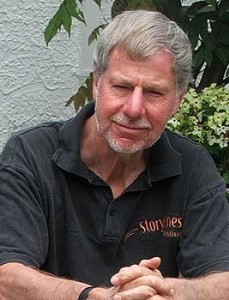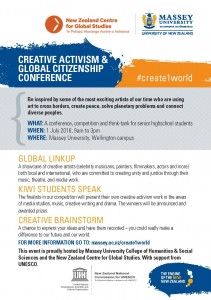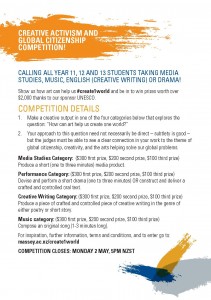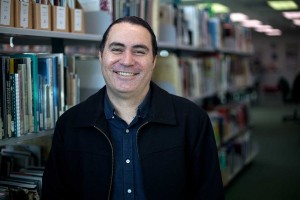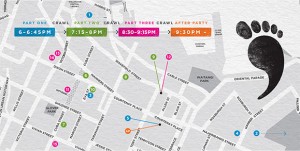Although grief salts the air of Thom Conroy’s new novel, it is ultimately a novel about self-discovery and love.
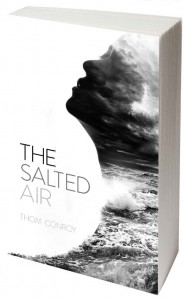 Having brought to life in his first novel the remarkable story of the German naturalist, Dr Ernst Dieffenbach, and the controversial 1839 expedition to New Zealand to buy land from Māori, Thom Conroy now turns to contemporary fiction. In this edgy, absorbing, innovative and thoughtful work, he explores the need to place oneself within the world, especially when the relationships and places that once acted as anchors are gone.
Having brought to life in his first novel the remarkable story of the German naturalist, Dr Ernst Dieffenbach, and the controversial 1839 expedition to New Zealand to buy land from Māori, Thom Conroy now turns to contemporary fiction. In this edgy, absorbing, innovative and thoughtful work, he explores the need to place oneself within the world, especially when the relationships and places that once acted as anchors are gone.
In his new novel, Conroy tells the story of Djuna, who, while grieving for the sudden loss of her partner, Harvey, is drawn to his married brother. It’s an attraction based on shared grief, on familiarity to a dead partner, and is an affair that is impossible and wrong yet addictive. In the ‘extravagance of grief’ it seems entirely logical. Is new love a possibility or will the result be still more harm?
The novel has a sense of urgency and a compelling will-she/won’t-she element as Djuna flirts with danger, with her dead partner’s brother, or simply just running off the rails.
The novel has a fresh narrative structure, made up of a scrapbook of short chapters that echo the fragmented state of Djuna’s emotions while at the same time telling us her story.
“I’ve told it in short, lyrical vignettes. Together they all narrate a single story, of course, but I also wanted each segment to have a stand-alone quality, like a collection of prose poems,” explains Conroy. “Reading long, dense passages of historical fiction aloud as was required when I was working on The Naturalist was tough, and I think at least part of my motive for using this structure was to create fiction that could be successfully read aloud.”
Conroy strongly evokes the New Zealand landscape and people, seen through an outsider’s eyes – Djuna is casting about to find a foothold somewhere, anywhere,
having her childhood home, her secure family life and her recent love life taken from her.
Conroy says he’s always been interested in the landscape and our place in it: “I’m researching a novel set around environmental themes right now, but I’ve long been interested in the natural world, the landscape, and its relationship to us. Most people would agree that landscape influences our moods and decisions; and, in a way, I think of the landscape in The Salted Air as a character. In particular, it functions as a character who has a lot of influence over Djuna and the way she sees the world, the way she acts in the world. She’s someone who’s searching for where she belongs in the minds and hearts of others, and orientating herself in the physical world is where this process begins for her,” says Conroy.
Djuna’s loss has left her derailed and casting about for the happiness she fears may have gone for good. Her far-flung parents are going through their own dramas, her family home is now occupied by Burmese refugees, and she keeps being drawn to a man she knows she should avoid.
Cast adrift, will she follow her self-destructive urges or might she realise her journey is really a story of love?
The Salted Air is available from 1 June 2016 and will be officially launched by Bryan Walpert on Friday 3 June 2016, details below:
6.30pm for 7.00pm
Palmerston North Central Library
4 The Square
Palmerston North
RSVP by 25 May to genny.vella@pncc.govt.nz or telephone 06 351 4519
